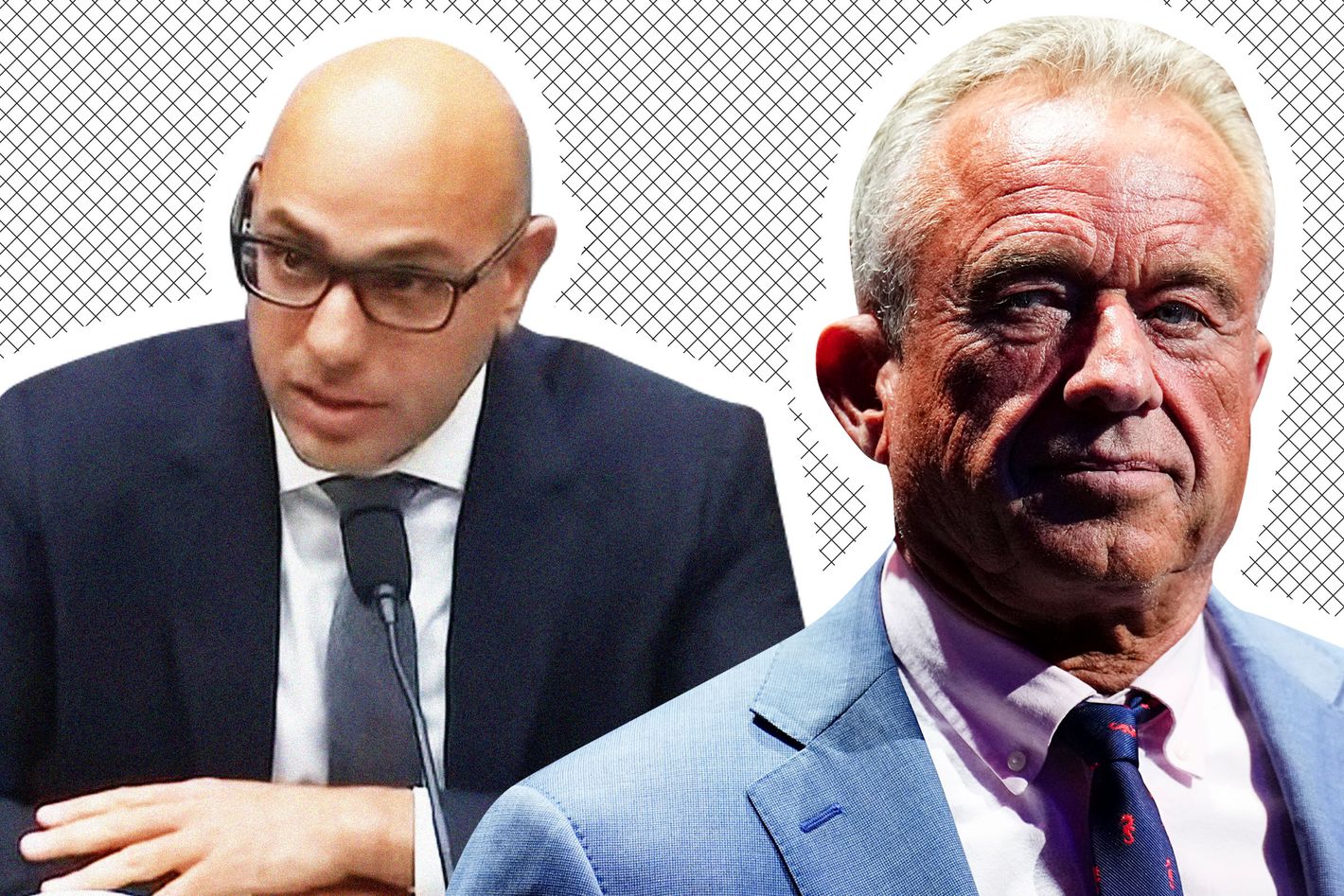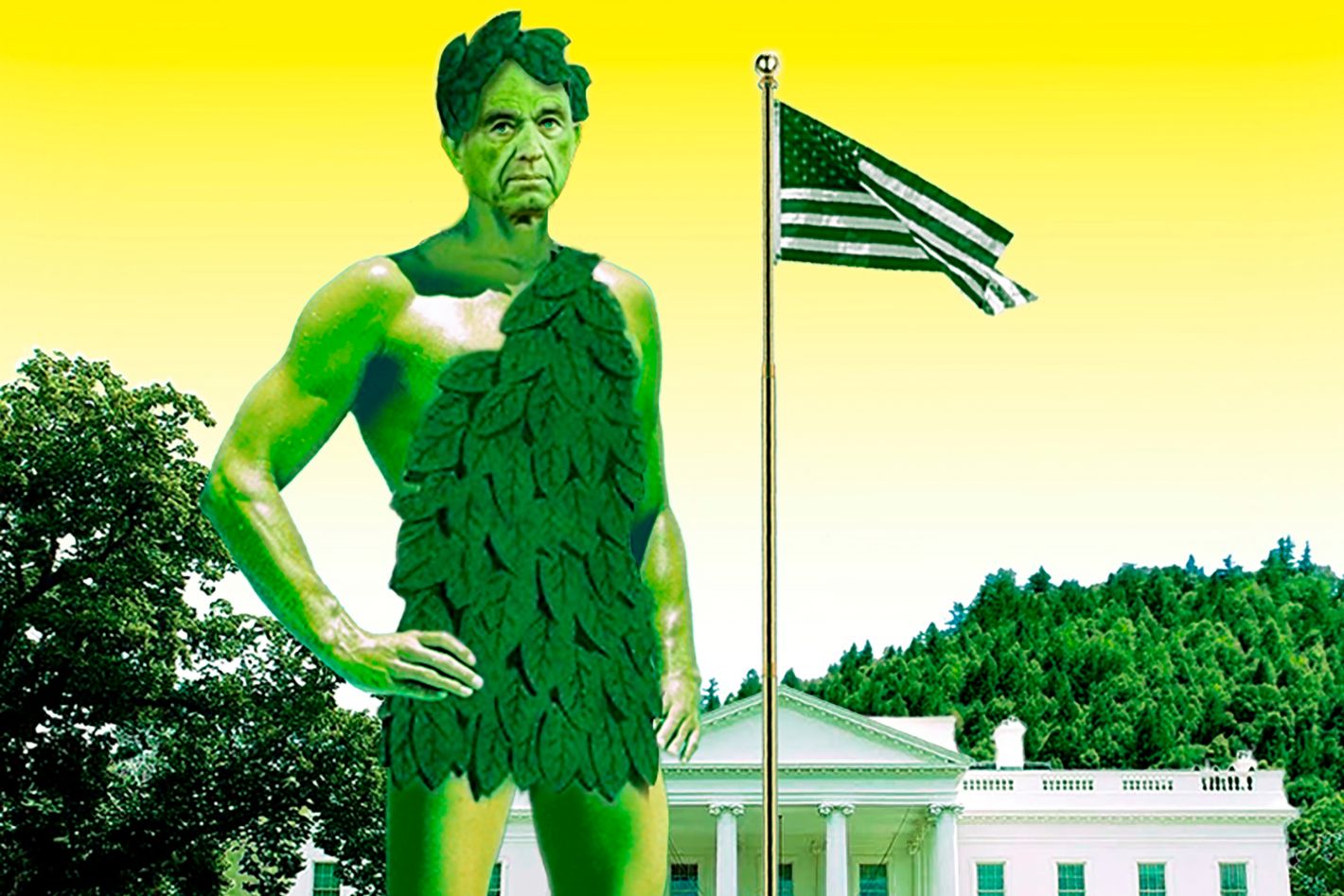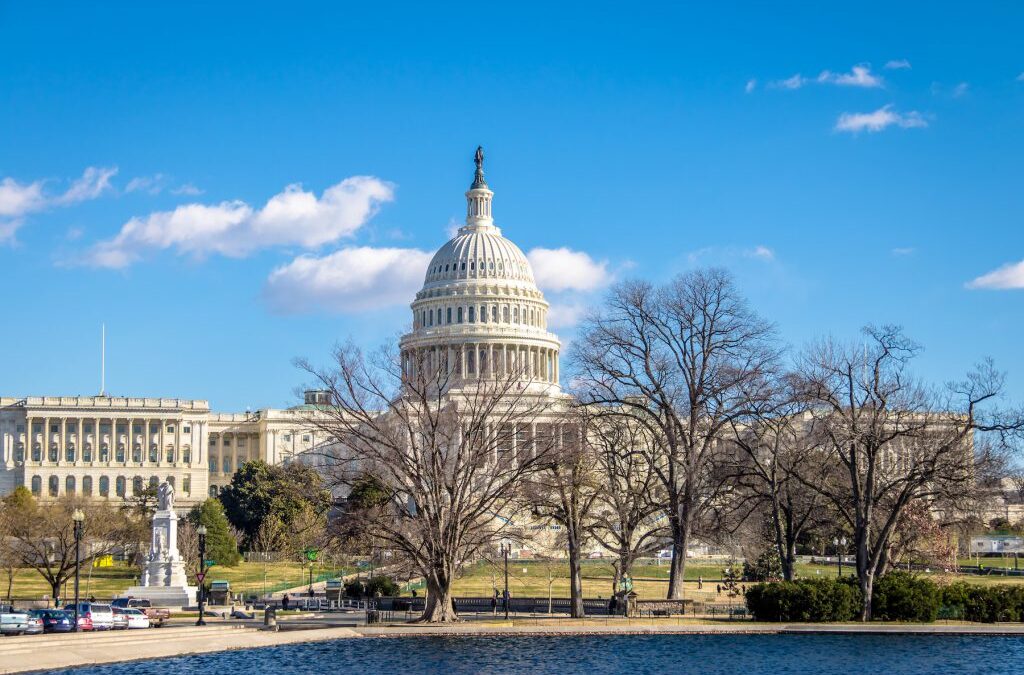Robert F. Kennedy Jr.’s Stance on Vaccines and Public Health
Robert F. Kennedy Jr. has been a prominent figure in the anti-vaccine movement, expressing concerns about vaccine safety and advocating for personal choice over mandates. His appointment has elicited mixed reactions, with supporters praising his commitment to health freedom and critics warning of potential setbacks in vaccination efforts. Notably, over 75 Nobel Laureates have urged the Senate to oppose his nomination, citing risks to public health. Source: Forbes
Click here to purchase ASSURE-100 on Amazon.com, or for local Hawaii pick-up, click here to purchase from our Shopify site.
Potential Implications for COVID-19 Policies
- Vaccination Programs
Kennedy’s leadership may lead to a reevaluation of federal vaccination policies, including COVID-19 vaccination campaigns. While he has expressed skepticism about vaccine mandates, the specifics of any policy changes remain to be seen. Source: New York Post - Public Health Messaging
The administration’s communication strategies regarding COVID-19 prevention measures, such as masking and social distancing, could shift to reflect Kennedy’s perspectives on health autonomy and skepticism of certain public health interventions. - Research and Funding
There may be changes in funding priorities for health research, particularly concerning vaccine safety studies and alternative health treatments. Kennedy’s past advocacy suggests a potential increase in support for investigations into vaccine-related adverse events.
Maintaining Personal Health Measures
Amid potential policy shifts, individuals are encouraged to continue practicing effective health measures to mitigate COVID-19 transmission:
- Vaccination
Staying up to date with COVID-19 vaccinations remains a primary defense against severe illness. The Centers for Disease Control and Prevention (CDC) continues to recommend vaccination for eligible populations. (CDC) - Rapid Testing
Regular testing, especially after known exposure or when symptomatic, is crucial. Utilizing reliable rapid home tests, such as the ASSURE-100 Rapid Home Test, can aid in early detection and isolation, reducing virus spread. - Hygiene Practices
Maintaining hand hygiene, wearing masks in crowded settings, and adhering to public health guidelines continue to be effective strategies in preventing infection.
The inauguration of a new administration and the appointment of Robert F. Kennedy Jr. as HHS Secretary signal potential shifts in the United States’ approach to managing COVID-19 and public health at large. While the exact nature of forthcoming policy changes is yet to unfold, individuals should remain informed through reputable sources and continue practicing established health measures to protect themselves and their communities.
Click here to purchase ASSURE-100 on Amazon.com, or for local Hawaii pick-up, click here to purchase from our Shopify site.
- Keywords: COVID-19, rapid testing, rapid home tests, SARS-CoV-2, Robert F. Kennedy Jr., HHS, public health policy, vaccine skepticism, 2025 administration, Assure-100
New York Post



December 16, 2024
Oceanit

